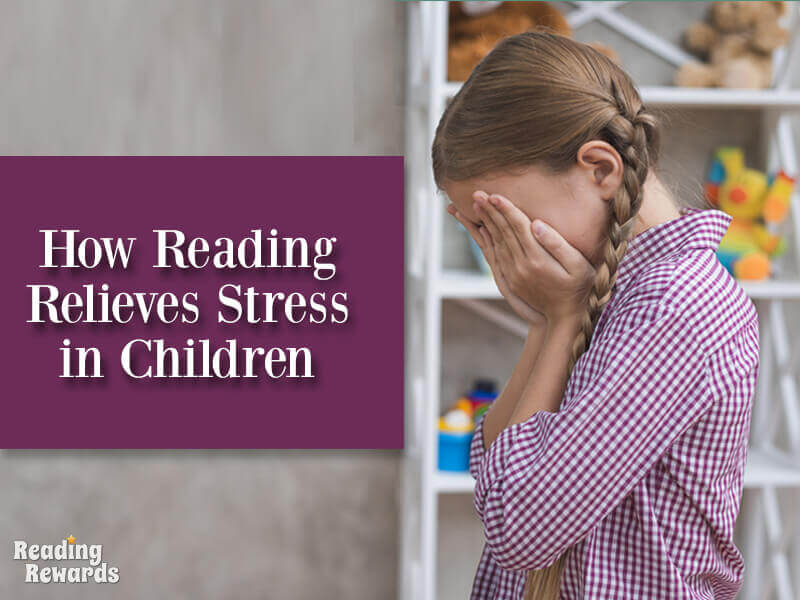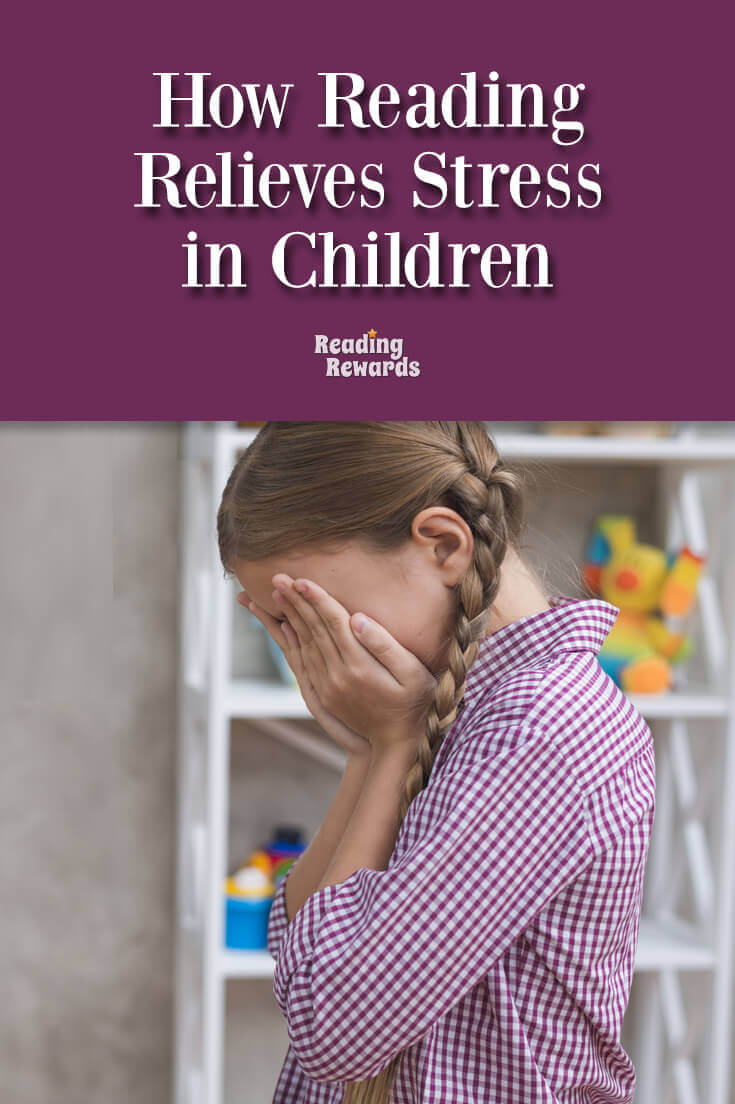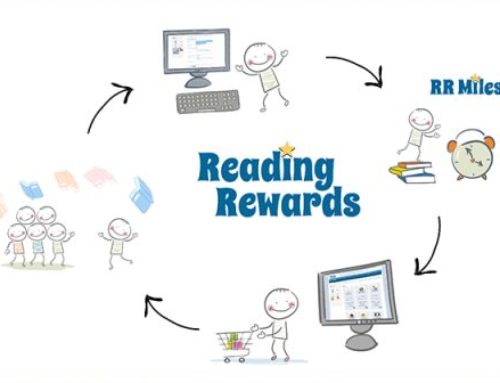Stress is part of life and can be a good thing. It’s the first line of defense in dangerous situations, and many of the effects of stress are positive, such as heightening our senses and giving us adrenaline. But it’s meant to be temporary.
Excessive or chronic stress can be very detrimental to our health, affecting how we think, act, and feel.
Like adults, children too can feel stress. Rates of stress in children are becoming even more widespread, and it can be hard to tell when those levels of stress are becoming overwhelming for our kids.
Stress can have physical effects as well as emotional ones, leading to obesity, chronic inflammation, and increased blood pressure. Chronic or prolonged stress in children can damage their lifelong health and cause changes in the brain architecture that increase anxiety, change moods, and decrease memory and mental agility.
The good news is that there are ways to battle stress and show children how to cope. As well as teaching kids more empathy and improving their relationships, reading has a significant role to play in reducing their stress and improving their psychological and emotional wellbeing.
What can cause stress in children
Stressed adults seem more the norm than the exception these days, and the same can be said for kids.
They, too, have their own sources of stress:
- Peer pressure, bullying, harassment, or trying to ‘fit in’ at school.
- Busy schedules at school, home, and extracurricular activities can leave little time for relaxation and pleasure, the key to reducing stress.
- Self-imposed pressure to perform, especially in school or sports (which is meant to be fun).
- What they see on the news, which can leave them feeling fearful or vulnerable.
- Major changes like illness or death of loved ones, divorce or family troubles, or relocation of schools or houses are big stressors for children.
- Seeing parents being stressed.
- Not getting enough sleep, leading to increased anxiety and less resilience to stress.
How to recognize when children are stressed
Kids aren’t always great at understanding their feelings or recognizing that they’re stressed, so parents need to keep an eye out for tell-tale signs of chronic or excessive stress.
These signs often manifest themselves as emotional changes, like sadness, anger, or anxiety, or as behavioral changes, like crying, temper tantrums, or nightmares.
Sometimes there are very physical signs, such as headaches, stomach pains, insomnia, or fatigue.
There may be changes in how kids deal with social situations, or reluctance to participate in family or other activities they used to love.
Kids may have sudden changes in academic performance and have trouble with schoolwork.
How reading can help reduce stress
Reading for relaxation seems to have taken a back seat in recent years, becoming overshadowed by video games, smartphones, books-to-movies, and schoolwork.
But reading can be a great source of self-soothing for children (and adults) experiencing stress.
Recent studies by Mindlab International at Sussex University shows that reading for as little as six minutes a day can reduce the heart rate and stress levels by 60% or more. That’s 300% better than going for a walk and 700% more than playing video games!
When kids read, they’re distracted from their worries. Reading alters our state of consciousness: it stirs the imagination, stimulates creativity, and focus our minds.
Reading can help kids understand their own emotional wellbeing and help them learn to cope with their feelings.
And when they read in the company of family members they love and trust, reading can transport them in a safe, non-threatening environment.


How to encourage kids to read
Reading a new book is an adventure, but not all children are prepared for that journey. Some kids can get stressed by the very idea of reading, while others prefer movies and YouTube to reading.
So what can you do to encourage them to read?
Sometimes, children may have difficulty reading (they may not have the right support) or simply think it’s boring (they haven’t found the right book!). If you can find out why they don’t like to read, you can figure out how to make it more pleasurable.
- Ideally, if you have young children, establish the habit early and share the joy of reading together. Read aloud to them from a young age, and encourage them to read back to you.
- Create a small area for your child to read in comfort, with good lighting, bean bags, fun accessories, and lots of different types of books.
- Unwind together: create some family downtime and leave enough space in their busy schedule so they can easily pick up a book and read when they feel like it, rather than when they ‘have to’ or when there’s scheduled time for it.
- Encourage them to read with you. You can be a role model for them and show them that reading is fun and beneficial. Make it a ritual: share special reading moments together, reading with or to each other.
- Reading out loud helps kids cope with stress, even if the audience is your family pet (reading out loud to animals has been shown to help increase self-confidence).
- Kids who find reading a challenge will gain great benefits from reading in a supportive environment. Instead of it creating ‘bad stress’, the experience of reading can be something they learn they can be good at, experiencing ‘tolerable’ (not bad) stress, until they become a success at a new challenge.
- Take trips together to the local library, making it a special and regular outing. Encourage them to read magazines as well as books, and in time to broaden their reading horizon.
- Discuss books together, and make connections between books and everyday life or your child’s personal experience to help increase their interest.
- Encourage exercise and a healthy diet, and make sure your child is in bed in time to get a good night’s sleep and have time to read a little beforehand.
- Sign them up to Reading Rewards, where they share recommendations with friends and earn rewards as they read.
Your kids will experience stress in their lifetimes—it’s often unavoidable. But you can help them to learn to identify and cope with feelings of stress.
Reading has so many benefits, and one of the greatest gifts you can give your child is teaching them that not only do other kids sometimes feel like they do, but that a good book can help them relax and unwind—throughout their lives!
So snuggle up, grab your kid’s favorite book, and make a little time for each other to enjoy the simple and wonderful pleasures of reading together.
Get Kids Excited About Reading!
Want to make logging reading fun? Download the free Reading Rewards app, which lets kids log their reading, connect to friends and earn rewards… right from their iphone or ipad!





Leave A Comment